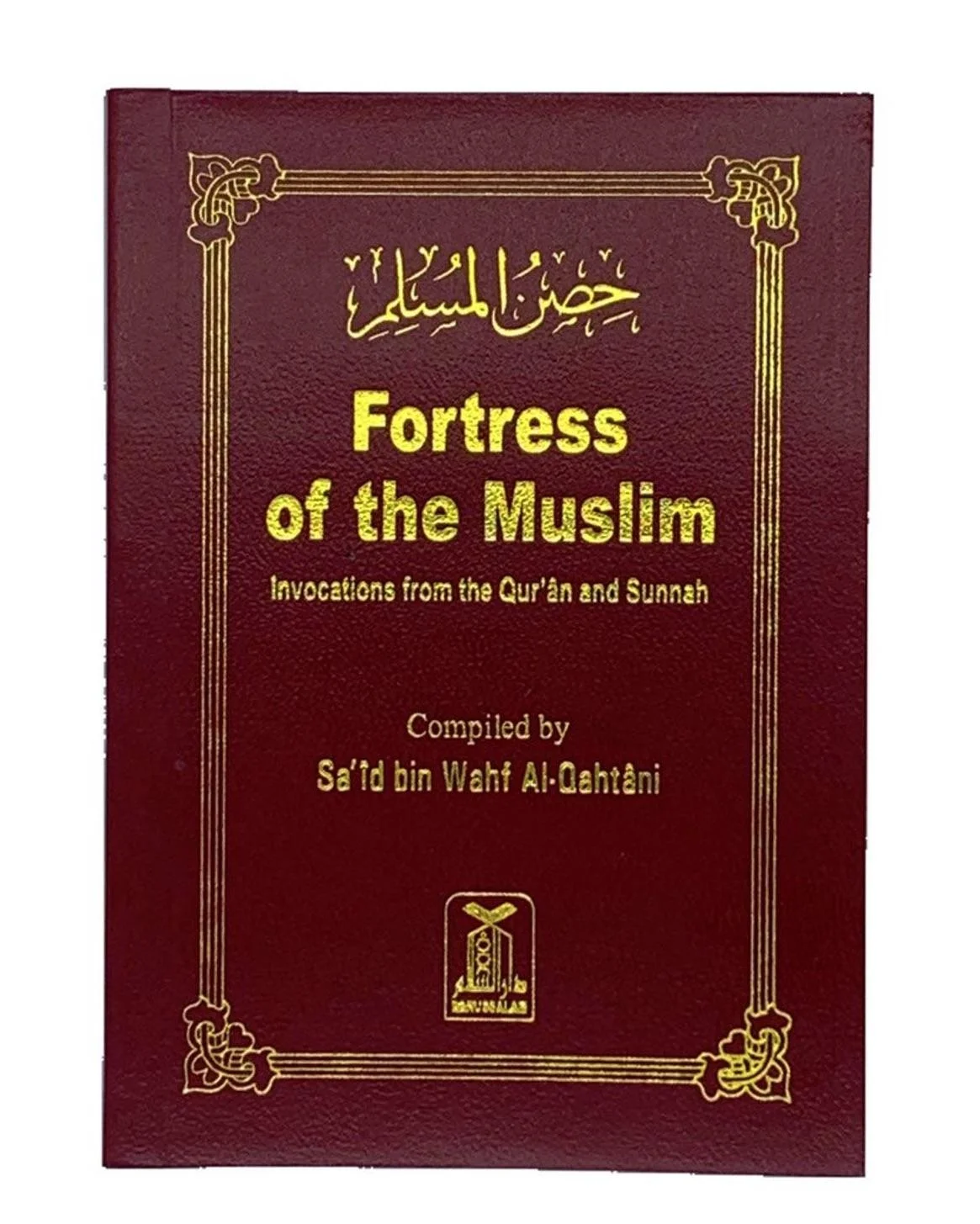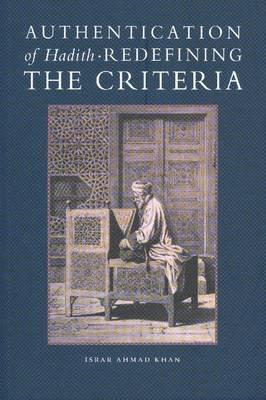Introduction
With Islam almost literally poised to become the dominant faith in the world (ft.1), discussions on its authentic teachings, doctrines and history becomes even more important to be engaged in. This need is coupled with the fact that distortions of its teachings, either by accident or design, has been an issue we continue to face. As such, we have decided to share the following list of books, all of which stem ultimately from the Islamic tradition in terms of its content, which all Muslims should own, particularly those whose primary intellectual language is English.
I believe this would equally benefit non-Muslims who have an interest in understanding the religion. Note that this list has been chosen carefully, and stems from writers who identity with the Sunni understanding of the faith. This does not negate the clear fact that books on Islam (and related subjects) have been produced by non-Sunnis, even by non-Muslims, nonetheless we have chosen titles and authors who have large acceptance within the Sunni world and have avoided works which are deemed too controversial among Muslims.
(1) The Qur'an
Undoubtedly the Qur'an is the scripture, which was revealed to the Prophet Muhammad, peace be upon him. It was revealed over a twenty-three-year period, in a slow-paced fashion. It forms the main foundation of Islamic faith, law and practices. Its passages are used in prayers, and its texts are memorized by millions.
The Qur'an was given in Arabic, a rich language with fields of meanings that cannot be fully captured in translation. Thus, every translation on the market has drawbacks! While this article does not endorse a particular English rendering, it does however recommend getting a good one that has an index attached, that it be read slowly, preferably taking notes, and participation in any available Quran study circles whose focus is not only on recitation but understanding and engaging with the sacred text intellectually (a process known as tadabbur)
(2) The life of Muhammad by Muhammad Husayn Haykal.
While it is true that there are other books on the market about the Prophet, this work, by the famed Egyptian writer (who died in 1956) is the best. It is very detailed and goes into some of the areas of controversy about the Prophet among westerners. In particular, the introduction alone is very detailed and profound, and the author attempts to be centered on the Quranic presentation of Allah's universal messenger (Sall Allahu 'alayhi wa sallam). This work deserves deep study.
(3) An Nawawi's Forth Hadeeth
There are a number of translations and commentaries on this work, by this 11th century scholar (Imam Yahya bin Sharaf an Nawawi) is a collection of forty (technically 42) sayings of the Prophet. Its content is more easily understood by all and does not overwhelm the readers with too much text.
(4) Fortification of the Muslim (with supplications from the Qur'an and Sunnah) by Sa'eed Al Qahtani
A small work made popular in the 1990's, it contains short prayers gleamed from the Qur'an and Prophet's recorded practices on just about every imaginable scenario. It usually is printed in a convenient pocket size edition.
(5) Authentication of Hadith-Redefining the Criteria by Israr Ahmad Khan
Written by a highly qualified scholar, it tackles the sensitive issue of the nature of the hadeeth reports. It presents the history of compilation, the methods of judgement employed classically, and a thorough list of reports whose link to the Prophet is questionable. He does not take the extreme view advocated by some voices that want the entirety of the Sunnah thrown out, but rather that we should simply engage the tradition in an academic sense.
This work would help in clarifying seemingly problematic texts in the hadeeth literature, issues which are discussed repeatedly in a western context.
(6) The Bible, The Qur'an and Science: The holy scriptures examined in the light of modern knowledge by Dr Maurice Bucaille.
As the title suggests, it is a thorough study of both scriptures and their claims vis-a vis scientific knowledge. Highly recommended as a work that creates understanding and a strengthening of faith.
(7) Discipling the soul: Al Ghazali
Taken from the famed work Ihyaa 'Uloom Id-deen,(Revival of Religious Sciences) itself composed by the great savant Abu Haamid Muhammad Al-Ghazali, better known as Imam Al Ghazali, it presents texts related to spiritual upliftment, greed, lust, good character and much more. In truth, we recommend all of the works of this classical scholar (whose year of death was 1111), however, the English translations on the market either lack coherent presentation or are poor quality, meaning that a great deal of patience would be needed to engage it. T.J. Winters has done a good job in his presentation of an extract from the Ihyaa.
(8) The Muslim Marriage guide by Ruqaiyyah Waris Maqsood
A rather brief work on navigating marriage in Islam, the author (a British woman) succinctly presents practical advice on aspects of marriage life, replete with examples from the Qur'an and Prophetic tradition. It also, in our view, is useful in providing some framework for understanding when the couple are from different cultures.
(9) The Autobiography of Malcolm X as told to Alex Haley
Malcolm X, who eventually adopted the name Malik El-Shabazz, is a name who needs no introduction. This book details his life experiences, from his own lips, and serves as a wonderful source of insights into American history, and of course its interaction with the teachings of Islam.
There are other books on the market, some of which actually seem to wish to refute The Autobiography, proposing many other theories as to his (i.e. Malcolm X) personal life, family and political views, however, The Autobiography is still the best and most authoritative.
(10) A young Muslim's guide to the modern world by Sayyid Hossein Nasr
This work does not only benefit "the young", it benefits all, especially those with a desire to understand not only the Islamic take on certain issues, but the philosophical and religious foundations of the West. It is thought-provoking, written by a leading Muslim academic.
Footnote
(1) See Projected Changes in the Global Muslim Population | Pew Research Center















